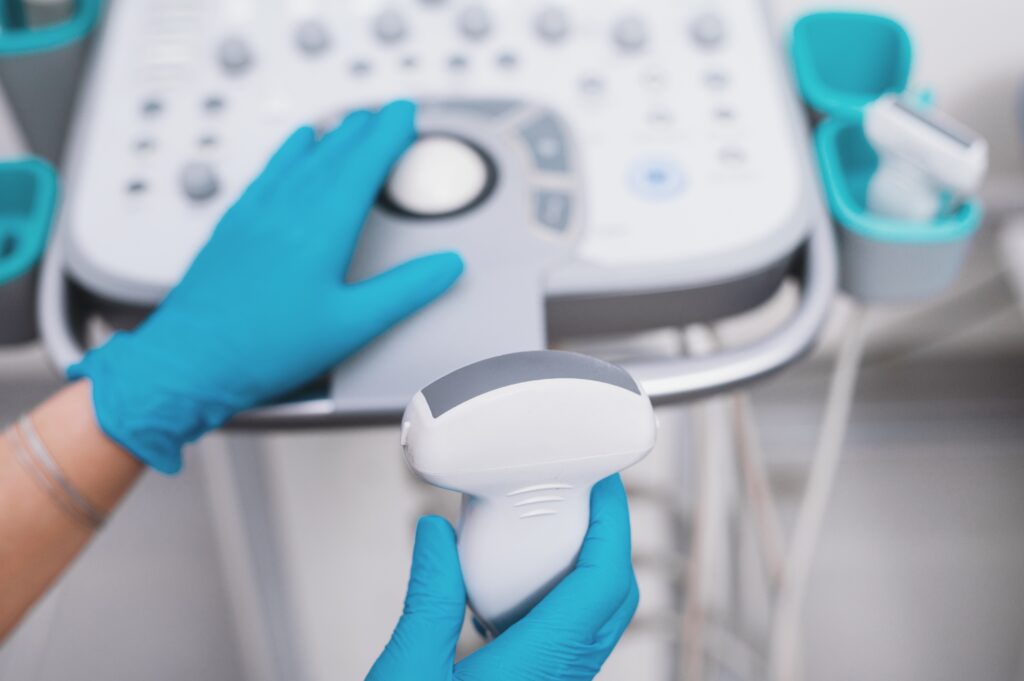A new ultrasound “helmet” could transform the treatment of neurological conditions by replacing invasive brain surgery with a non-invasive alternative, researchers say.
The device, developed over a decade by teams at Oxford University and University College London, can target brain regions with unprecedented precision—about 1,000 times smaller than standard ultrasound techniques. Unlike deep brain stimulation (DBS), which requires electrodes to be implanted in the brain, the helmet directs mechanical pulses to specific regions.
In tests on seven volunteers, the system successfully stimulated a tiny brain area linked to vision, producing measurable and lasting changes in the visual cortex. Researchers say a similar approach could one day reduce Parkinson’s tremors by targeting motor regions.
Experts have hailed the technology as a “neuroscience milestone” with potential applications for Parkinson’s, Tourette syndrome, depression, Alzheimer’s, chronic pain and addiction. The team is now preparing clinical trials, with hopes that the device could evolve into a practical tool for hospitals—and eventually, patient homes.


